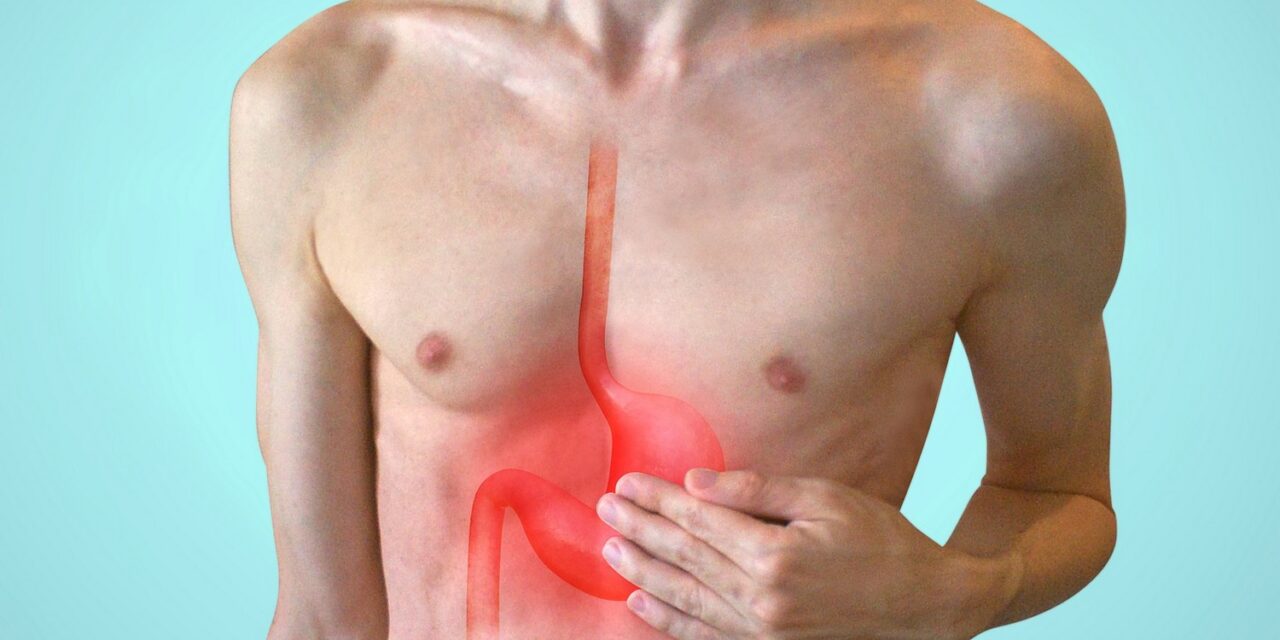True to our promise, we continue our series, and this time we provide some advice regarding the treatment of gastroesophageal reflux disease and we also attempt to dispel another misconception.
In fact, we are starting with this exceptionally now. According to our experience, there are many people who are put off by the misunderstanding that in case of reflux or any kind of stomach problem, a gastroscopy (gastroscopy in medical terms) will be performed immediately and always. For this reason, they postpone the appointment to see a doctor, thereby losing valuable time, and their unpleasant symptoms impair their quality of life.
However, the situation is that in the case of reflux complaints, this truly unpleasant but not painful examination of the stomach does not need to be performed immediately. And here I would like to note - for those who have a serious aversion to endoscopy, it is good to know - the examination can also be performed under anesthesia if necessary.
The international guidelines state that medication may be used even without a gastroscopy if the symptoms are characteristic, not severe and there are no alarming symptoms mentioned in the previous section.
If our patients became completely symptom-free in 2-3 weeks with the started professional drug treatment, we avoided an endoscopic examination. You should also know, however, that if the complaints do not completely go away or recur, a stomach examination is mandatory. In addition to reflux, heartburn can be caused by an ulcer disease, but also by a malignant tumor of the stomach or esophagus.
It should also be known that the various acid reducers available without a prescription temporarily reduce the symptoms, but they rarely result in a complete cure, so the modern treatment of reflux disease is clearly the so-called it is based on the use of proton pump inhibitor (PPI) drugs. And of course, these also require at least 1-3 months of treatment, but sometimes more permanent treatment.
However, the treatment of reflux disease does not only consist of medication. Here, too, the question must be asked, what can we do for our own healing?
We know of many lifestyle changes that can significantly improve symptoms, and it is also a fact that in most cases, antacid treatment alone is not sufficient without the patient's cooperation.
Since being overweight, like smoking, is an independent risk factor for reflux, reducing your body weight and reducing or even quitting smoking alone will improve the symptoms.
Nutrition naturally plays a role in the development of reflux.
Fatty, spicy and hot foods are more difficult to digest, they stay in the stomach for a longer time, thus favoring the development of reflux. Coffee, tea, chocolate and alcohol inhibit the function of the esophageal sphincter. Carbonated soft drinks are not recommended due to their acidity on the one hand, and their bloating effect on the other. Similarly, consumption of lemons, oranges, tomatoes, and garlic may cause complaints due to their stimulating effect. It is not advisable to go to bed with a full stomach after dinner, because it is easier for the contents of the already full stomach to return to the esophagus when you are in a horizontal position.
Thus, our suggestion is the following: eat less often, refrain from excessively fatty, sour (e.g. vinegar), spicy, spicy foods, carbonated soft drinks, reduce the consumption of tea, coffee, chocolate, and alcohol. It is worth eating small meals several times a day, and if possible, timing the last meal of the day as soon as possible.
Certain medications impair the ability of the esophageal smooth muscle to close, so a review of other medication is definitely recommended.
At the same time, the symptoms are alleviated by sleeping with the upper body slightly elevated, so using a pillow or elevating the head of the bed is beneficial.
As can be seen above, reflux is a common disease that causes unpleasant symptoms, but can usually be treated with a little care. At the same time, other more serious diseases can cause similar symptoms, so in case of complaints, we should definitely consult a specialist, and do not be alarmed by the fear of gastroscopy, since it is not certain that this examination will take place.
Featured Image: Pixabay












